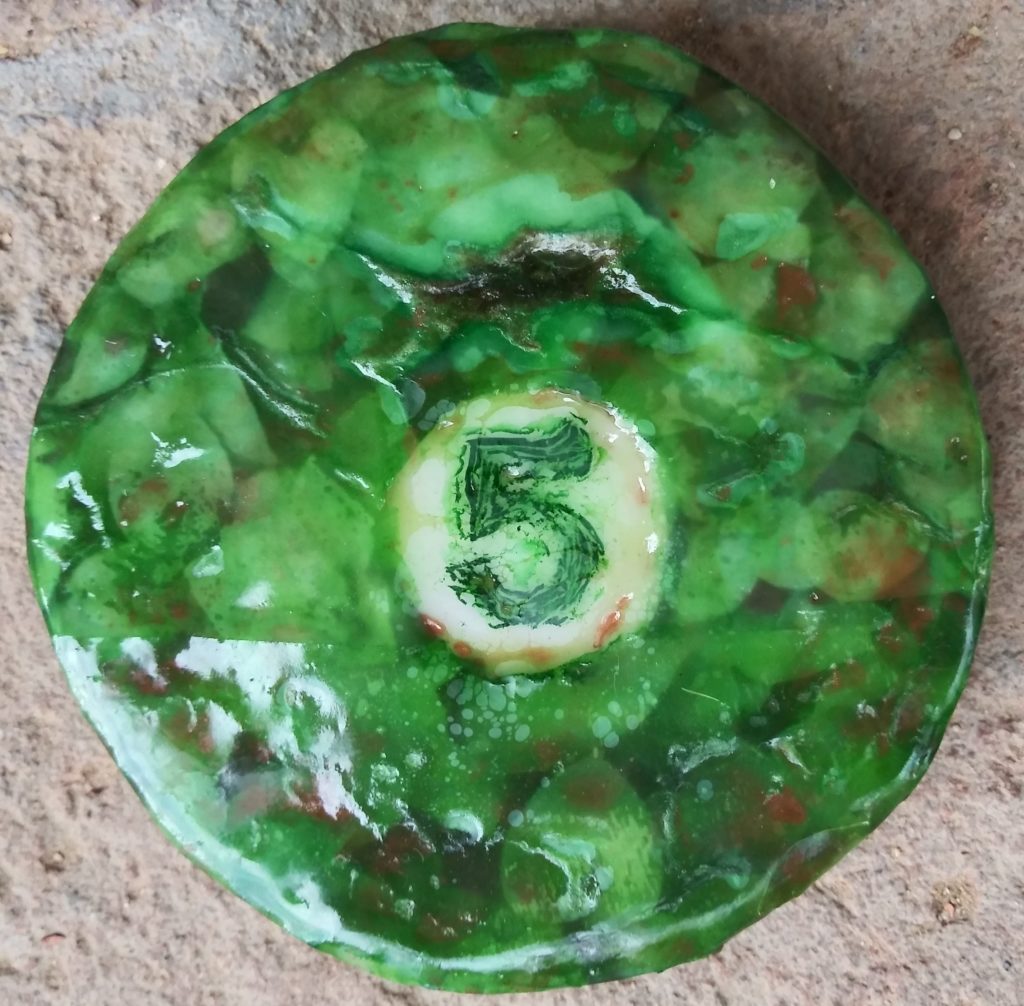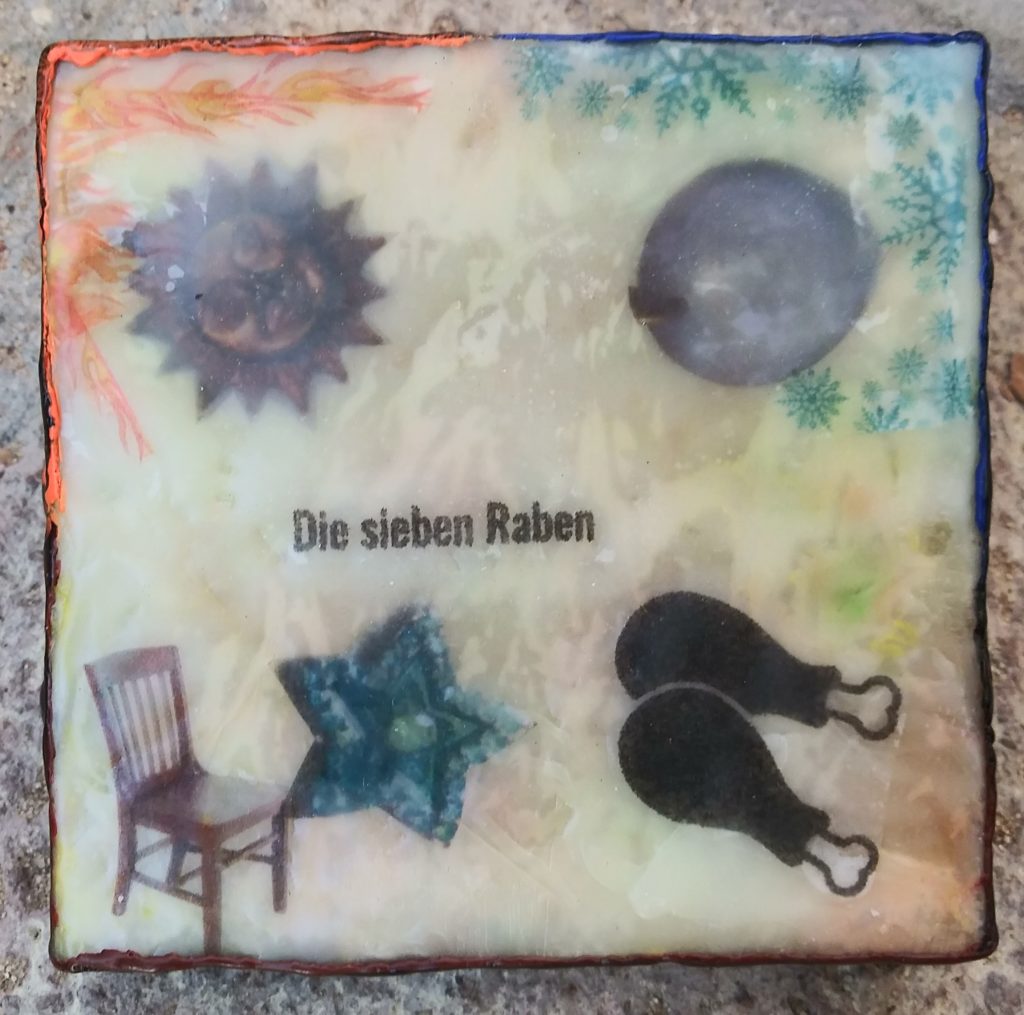
Mexican Petunia

Screenwriting, Lyrics, Art, and Investigation

Aw, she doesn’t even get a last name. Just Rachel, but, oh, what a Rachel. She’s immediately charismatic.
I like how Rachel stands up for herself: “I thought you were . . . blank.” Her hurt at being duped is honest yet not raging. And she cuts him off until he proves at the talent show with Marcus that he’s changed.
What number has that fortitude?
A Three, possibly. Not a Body Type at all. None of her reactions fit those profiles. Not a Four or Two, which leads me to conclude she’s not a Heart Type either, so not a Three. She’s too calm when confronted with emotional pain.
Head Type. Not a Five, who would never put up with Allie the son’s behavior. Fives move to Eight in strength and would blow his snottiness out of the water. Also not a Seven, who really has no time for that nonsense. Sevens have important work to do.
A Six? Her putdown of Will is so subtle and witty. When she decides she’s done with him, she’s really done. No waffling: he must demonstrate true character alteration and growth. A black-and-white judgment, no gray.
Interesting. I like it.
I don’t know what Enneagram number Toni Collette is, and she’s a physical chameleon when it comes to her roles, but she’s given Fiona the body of a Four. With her costuming and the way she’s shot, Fiona comes across as tall with a dominating physical presence. This is one of the Woman Four body characteristics.
Fiona’s depression can also be Four-like. The highs and lows. These are markers that are stereotypes, though. Let’s look deeper.
She’s very socially brave. When she thinks Marcus has been mistreated by Will she’s in his face in a public place with no hesitation or caution. Her dedication to SPAT, the support group, is also a comfortable relationship. Meeting people, relying on people, these are all wheelhouse reactions from Fiona. Very Heart Type.
What about an Eight, though? She’s very aggressive in her opinions, and her dominating physique could also be an Eight’s. Is she a Body Type?
No! Hahaha, I’m cracking up. It’s the ancient grains cereal. Eights are more luxurious in their eating choices. Oh, dear, that’s funny. Although, she does cry over the cereal. No, I’m kidding.
And she closes her eyes during “Killing Me Softly”. She’s feeling the emotion of the words. She can’t be feeling the musicality because it’s a terrible song, hitting the body like an ice pick to the brain. An Eight would recoil rather than lean in.
Okay, that was mean. But I genuinely hate that song. As do most people. That’s what makes the bit so funny.
ONE
The French narrator introduces the cheerful jellyfish, buzzing through the pineapple neighborhood. All is peaceful.
TWO
Spongebob and Patrick suit up for jellyfishing. Like superheroes, they rope slide to the basement — shh, just go with it — choose nets from the weapons closet, and emerge from the hatch in a Dynamic Duo power exit. Let the Trouble begin.
THREE
A static shot on the Duo at the door as the jellyfish scoots past. They skip after it, camera staying on the door, and then run back through, chased by jelly. Part of the humor of Spongebob is the predictability of shots like this. We all know the set-up. Our anticipation leads to the payoff, which is delivered with impeccable timing.
FOUR
Still being chased, they run to Squidward’s door. He’s heading out on his bicycle with paddles for wheels. They’ve brought him a net, and he’s invited to join them.
And here is our good old Squiddy being just as we expect. He pretends to like their idea, although he can’t hang out today. As he rides away he laughs, nose pulsing. With a straight face he’s tricked them into believing he’s their best friend. Hardy har!
He keeps laughing . . . a lot. Cross-cut to the jellyfish on a collision course with Squidward’s bike. Closer, closer.
SWITCH
The jellyfish flies like a bee into his mouth. He hits at it, it goes down his shirt, and he crashes over a long cliff. Fiery explosion and a Squidward moan offscreen.
FIVE
Back at the pineapple house Spongebob sits in a chair and continuously jumps up to look out the window. Squid, in a wheelchair and bandages, rolls toward home.
Giving him the Best Day Ever, Spongebob and Patrick welcome him in. Soup that needs cooling is ready. Pat blows it all over Squid’s mummy head, and all Squid can do is moan. Spongebob offers to play the clarinet, wetting his lips forever. Ew! Hilariously disgusting.
SIX
None of this is the Best Day Ever. Only jellyfishing will qualify. They roll Squidward out to the pastoral Jellyfish Field. Again, as at the Three, the immortal chase begins.
SEVEN
Squid tries to motor away but Patrick insists he hold the net. Because Squid is in a full-body wrap, his hands won’t grab. Patrick stabs the base of the net into his hand and tells him to “Go!” after that jellyfish. Ow.
EIGHT
The Duo will show him how it’s done. A very painful version of the Blue Danube Waltz begins, and they leap away. Eventually they end up tussling with each other while the jellyfish attacks Squid. He chases it and traps it against a large . . . thing. We know, and soon they all know, that baby has gone home to mama. A humongous jellyfish is not happy. It chases Squidward offscreen. The electricity strike reflects off of the Duo’s horrified faces.
Poor Squidward. Even when he’s cooperating and winning, he still loses.
NINE
The Duo are covered in bandaids. Squid motors in wearing a full-body cast now, propped up in a hospital bed. They give him the jelly in a jar as an apology present. Sorry, do you forgive us?
He releases it on them, and it gives chase. As Squid laughs at his success, a large shadow appears over him. Mama jelly zaps him and his cast breaks open. Ow.

He’s a child, but he’s also a major character. We won’t be able to use his physical qualities to help determine his Enneagram — he’s not mature enough for that. The costume designer has made strong choices, though, that give him a definite physical presence.
For instance, awkwardness. The shoes are in the script. Marcus wears a brown loafer, something unathletic (as well as uncool). The trainers are his for only a brief time, basically showing that they aren’t a physical match for his character (as well as continuing the bullying storyline).
Not a Body Type. Not a Head Type, either. He’s clearly a Heart. Community, connection, social gathering — these are the theme. Marcus represents all the arguments for these things, going directly against (and ultimately persuading) Will and his lifestyle. Marcus wins, and he does so by repeatedly throwing himself into a difficult social milieu. Very Heart Type.
He’s not a Three. Can Threes even be bullied? And he’s much too unstylish to be a Four. That rainbow sweater! Oops, jumper, as they say across the pond.
He must be a Two, which makes sense with his generous nature. Instead of collecting gadgets or gewgaws, Marcus collects people. Friends and family.
I didn’t even know he had a last name! It’s Will the Cool Guy, Will of the Carefully Disheveled Hair, Will of the Units of Time.
I love Will.
He is a wonderful mix of brutal honesty and deep deception. His narration, something that pains me normally, is an exception to the rule. Because “Santa’s Super Sleigh” impacts his life so thoroughly, this is most definitely a Christmas movie.
Well, he’s quite concerned about other peoples’ opinions. He pretends he isn’t, thus his armor of cool, but he’s devastated when Rachel might not like him. This is why the climax, when he sings in front of the whole school, is so powerful. He’s really risking something. Disapproval is the worst thing he can face.
Heart Type? Most people want to be liked, but it’s not the defining character trait for them.
Will’s a Four! He’s witty, cutting. Mostly we see his veneer rather than his lows and highs, but they’re there, hiding. A loner, he achieves community, friendship, and connection at the end of the movie. Vulnerability opens up a better life for him. It’s a beautiful message and a lovely film.
And the apple beelining for his head makes me fall off the couch laughing every time.
ONE
Our first look at Goo Lagoon, introduced by the French-accented narrator! The bottom of the ocean has a beach. You realize it’s a paradox, and then you accept the new reality.
Sandy (in full astronaut suit) and Spongebob sit out under an umbrella. Using sand Spongebob does a few impersonations that get Sandy laughing. All is companionable.
TWO
Larry the Lobster (Hi, Larry!) asks Sandy if she’d like to lift weights with him. Now Spongebob no longer has Sandy all to himself.
THREE
He’s sad. He has to follow along after them or be left behind.
FOUR
Various feats of strength, with a cheering crowd watching. Spongebob tries to join in by clean-and-jerking a stick. As the others add weights to their bars, Spongebob finds two marshmallows to add to his stick.
He tries mightily, while the crowd breaks into snoring, but can’t lift his stick. Instead, he rips his pants from the exertion. He’s terribly embarrassed — red-cheeked — until Sandy laughs and says it was hilarious.
SWITCH
A rainbow forms behind Spongebob’s head.
FIVE
And thus ensues a series of events where Spongebob rips his pants for the laughs. It works for a while, and then the laugh starts to get old.
For everyone. Including me. Haha! Sorry, this episode is not one of my beloved re-watches.
When Spongebob pretends to drown he loses all the good will on the beach, especially from Sandy.
SIX
Alone and sad again. A tumbleweed blows by him on the deserted beach.
Yay, another paradox!
SEVEN
Spongebob feels like a loser. When others step forward to claim the title of biggest loser, Spongebob listens and accepts their claims.
EIGHT
And he starts a surf band with them! They sing, play sand instruments, and even have a real-life half-pipe wave background like a music video. The episode is saved! The crowd cheers. Sandy hugs him.
NINE
Larry asks for Spongebob to sign his pants. As he does, his tighty-whities rip, and he’s embarrassed again, putting his hands over his spongey yellow nakedness.

A rebel, obviously. She’s very determined to help — stalk? — Jack. She’ll poison the doctor in order to escape. She’s so very mild-mannered while being utterly ruthless! What a great character.
Sally is very likable, very relatable. Her shyness, her doubt, her bravery. She’s also curious.
So many qualities! How to narrow her down to an Enneagram number?
We’re in an imagined reality with Rules of the Magic that work against discovering her, but even with that we can say she isn’t a Body Type. She throws herself out a window and lands with a thud! She’s a trooper about the whole thing, stitching herself back together, but she goes ka-splat.
Wait. A trooper. Is she a Six?
She’s regimented about right and wrong. She even says, “This feels wrong,” about the Sandy Claws plan. Staying with the doctor is wrong to her, and so she won’t comply. Saving Jack is right, and without hesitation she pursues Santa’s rescue. She’s pretty smart about it, too.
Aha! She’s a Seven. Men Sixes are troopers. For women it’s the Sevens. They’re methodical and relentless, while still willing to chase risk and adventure.
Also, something about being stuffed with leaves feels so Seven. What other number would be so practical and sensual at the same time?